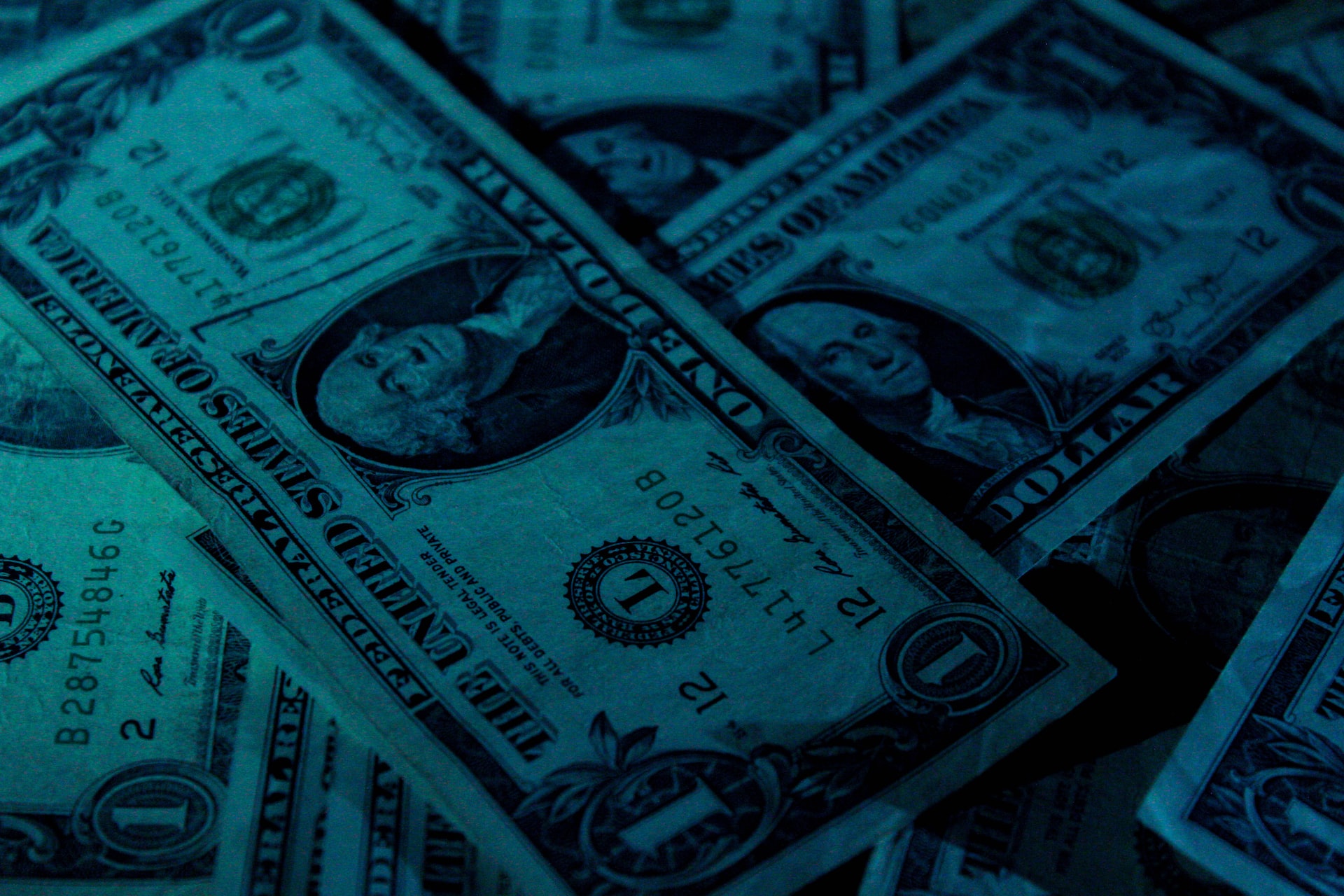Can non-US stocks counter the strength of the US dollar?

The dollar is on the rise and may not have reached its peak just yet. There's no denying that the dollar's rally has presented a challenge to non-US equity investors; however, a strong dollar is not always bad news for non-US companies. Commentary by Steve Caruthers, equity investment specialist at Capital Group
It cannot be denied that the relentless rise of the US dollar has presented a challenge to non-US equity investors. The currency translation effect (ie, the gains and losses from converting non-US investment returns into US dollars) adversely affected global equity portfolio results.
Currency fluctuations can affect investors in two ways. In addition to portfolio-level conversion effects, companies within a portfolio may experience commercial impacts. However, a strong dollar isn't always bad news for non-US companies.
Specific companies with strong fundamentals may disproportionately benefit from currency fluctuations. Exchange rate volatility can strongly affect corporate profitability, depending on where a company generates revenues or incurs costs. Companies with significant costs in euros or yen and most of their revenues in US dollars, for example, could benefit. Against this backdrop, research is essential to understanding how exchange rate volatility can affect profitability. Ultimately, underlying corporate fundamentals should drive investment decisions rather than short-term currency fluctuations.
In today's global economy, it is common for multinational companies to have geographically diverse sources of income, as well as manufacturing and supplier centers located around the world. For example, as of September 14, 2022, companies in the S&P 500 Index generate approximately 40% of their revenues from countries outside the United States. When the dollar is strong, this dynamic can put pressure on the profits of such companies, as foreign money is not as valuable as it is when the dollar is weak.
The reverse can also happen for non-US companies. Several sectors of the MSCI Europe Index, for example, generate strong US dollar revenues. Sectors that could typically benefit from a large dispersion between the US dollar and other currencies include automotive, electronics, shipbuilding, machinery, aerospace and defense, and luxury goods.
There are several competing factors that can determine profits beyond currency swings, and many companies hedge their currency exposures to protect their balance sheets from unexpected swings. However, there are numerous examples of non-US companies pointing to the strong dollar as being beneficial to their profits this year.
One of these is the British aerospace company BAE, which makes about 47% of its revenues in dollars. During BAE's latest earnings conference call, executives explained that "if the current dollar (exchange) rate were to persist throughout the year, there would be a significant benefit to reported results." If the pound were to weaken another 10 cents against the dollar, the company estimates that its earnings before interest and tax (EBIT) forecast could be revised up by as much as 10%.
French consumer discretionary giant LVMH, which owns luxury goods maker Louis Vuitton, provides another compelling illustration of the positive impact a strong dollar can have on non-US companies. In a recent shareholder presentation, LVMH (whose revenues are about 27% in dollars) noted that currency effects boosted its profits by more than €400m in H1 2022. The currency impact alone accounted for approximately 19% of the year-over-year operating result improvement.
French medicine maker Sanofi also benefited from the strong dollar. It said currency effects boosted its sales by nearly 1 billion euros in the first half of 2022 and boosted its earnings per share by 0.19 euros.
The strong dollar is here to stay
The dollar is on the rise for good reason and it may not have reached its peak just yet. The US economy is stronger than that of other major countries and the US Federal Reserve is tightening aggressively to cushion the impact of inflationary pressures.
In most of the rest of the world, the matter is quite different. Outside the United States, growth was weak, with inflation driven mainly by energy prices and the sharp decline in real wages. As a result, central banks are forced to do what we might call “bad” rate hikes.
Stock hedging can be challenging
In regards to the currency conversion effect, investors looking to mitigate exchange rate volatility may, of course, choose to implement a hedging strategy (typically using forward currency contracts). Hedging may be appropriate when investors believe that a particular currency is undervalued or overvalued, or to reduce currency risk.
However, many studies have shown that stock hedging may not be worth the cost. These currency strategies have tended to have relatively little impact on the long-term volatility and return of an equity portfolio. The situation is different for bond portfolios, where currencies can be a more significant source of risk and return. In fixed income, currency hedging can be effective based on an investor's view of currencies in specific markets.
Bottom line, active management can help identify which companies could benefit from a strong dollar. Strong currency swings this year are benefiting some companies, but the repercussions of dollar appreciation can be very diverse. In our view, research is essential to assessing the likely effects of currencies on a given company's prospects and the return potential of its stocks.
This is a machine translation from Italian language of a post published on Start Magazine at the URL https://www.startmag.it/economia/le-azioni-non-statunitensi-possono-contrastare-la-forza-del-dollaro-usa/ on Sun, 27 Nov 2022 06:14:16 +0000.
